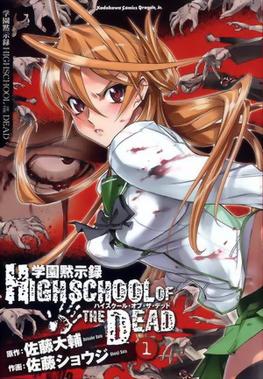I seem to remember dozens of years ago when I was a kid, many words were hyphenated that aren't now.
Sadly, the only one that springs to mind right now is co-operation.
I think there were also some re-(something) words. Re-worked, perhaps, or something similar.
Now words are all smashed together. The hyphens made sense, both grammatically and phonetically. Co-(something) meaning something shared. The hyphen set off the first syllable for pronunciation.
This article says it's a British vs American English thing, although I grew up with American English and clearly remember co-operate. http://grammarist.com/spelling/cooperate-co-operate/
When did hyphens disappear in America?
I still write "co-worker," because if I write it coworker my mind just sees "cow" as the first part, even though it doesn't make sense.
And related, apparently Amazon doesn't like hyphens.
http://www.theguardian.com/books/booksblog/2014/dec/18/amazon-book-hyphens-graeme-reynolds-high-moor-2-moonstruck?CMP=fb_gu
Sadly, the only one that springs to mind right now is co-operation.
I think there were also some re-(something) words. Re-worked, perhaps, or something similar.
Now words are all smashed together. The hyphens made sense, both grammatically and phonetically. Co-(something) meaning something shared. The hyphen set off the first syllable for pronunciation.
This article says it's a British vs American English thing, although I grew up with American English and clearly remember co-operate. http://grammarist.com/spelling/cooperate-co-operate/
When did hyphens disappear in America?
I still write "co-worker," because if I write it coworker my mind just sees "cow" as the first part, even though it doesn't make sense.
And related, apparently Amazon doesn't like hyphens.
http://www.theguardian.com/books/booksblog/2014/dec/18/amazon-book-hyphens-graeme-reynolds-high-moor-2-moonstruck?CMP=fb_gu
"Graeme Reynolds, found his novel withdrawn from Amazon because of his excessive use of the hyphen. Reynolds has written about his inexplicable experience on his blog, but in summary: he released his werewolf novel, High Moor 2: Moonstruck, last March, after paying over £1,000 for professional editing. It’s had over 100 almost entirely positive reviews on Amazon.
Then, on 12 December, Reynolds got an email from the internet retailer, which had apparently received a complaint from a reader “about the fact that some of the words in the book were hyphenated” (let’s not even wonder about who on earth would go to the trouble of emailing Amazon about this).
“When they ran an automated spell check against the manuscript they found that over 100 words in the 90,000-word novel contained that dreaded little line,” he says. “This, apparently ‘significantly impacts the readability of your book’ and, as a result, ‘We have suppressed the book because of the combined impact to customers.’”
Then, on 12 December, Reynolds got an email from the internet retailer, which had apparently received a complaint from a reader “about the fact that some of the words in the book were hyphenated” (let’s not even wonder about who on earth would go to the trouble of emailing Amazon about this).
“When they ran an automated spell check against the manuscript they found that over 100 words in the 90,000-word novel contained that dreaded little line,” he says. “This, apparently ‘significantly impacts the readability of your book’ and, as a result, ‘We have suppressed the book because of the combined impact to customers.’”




